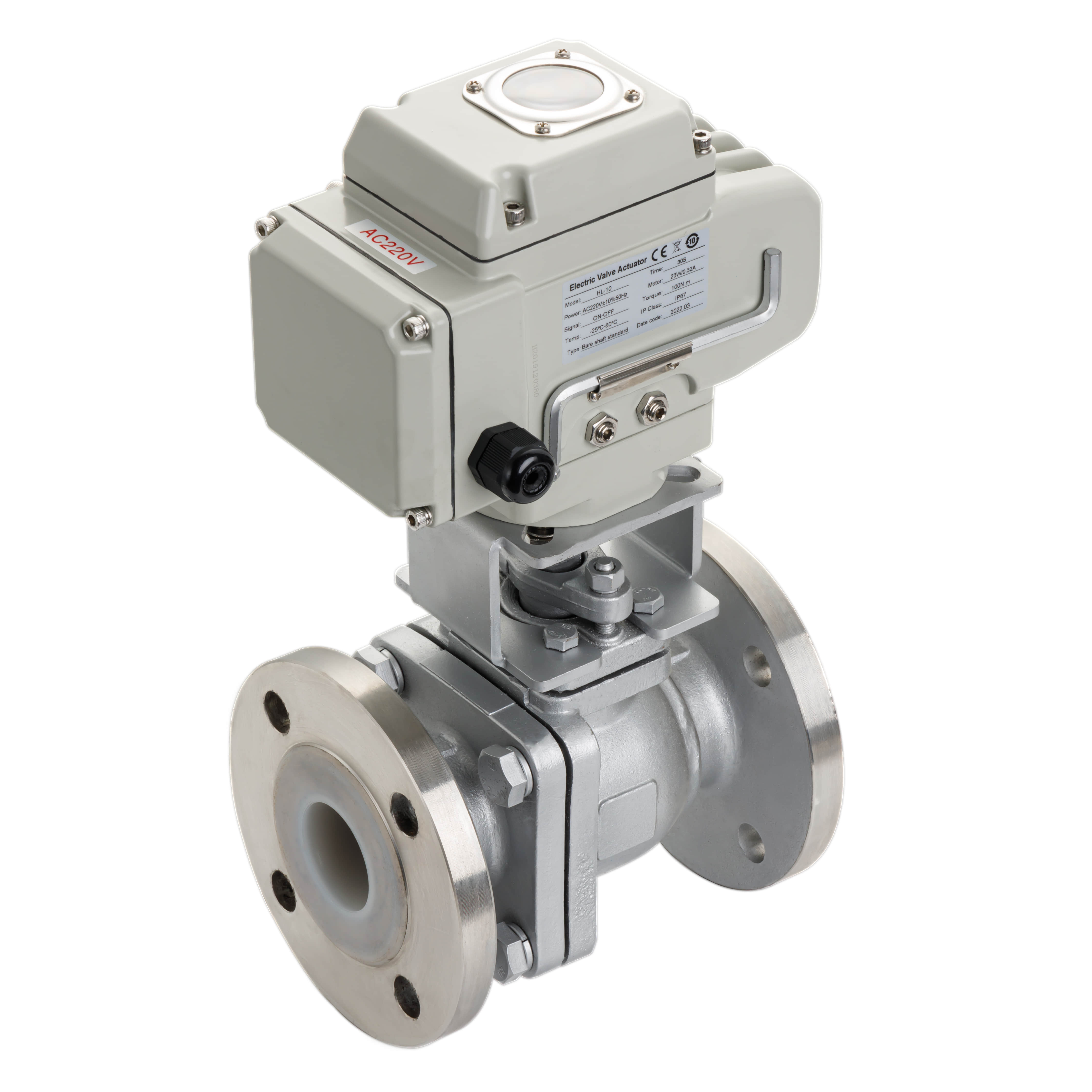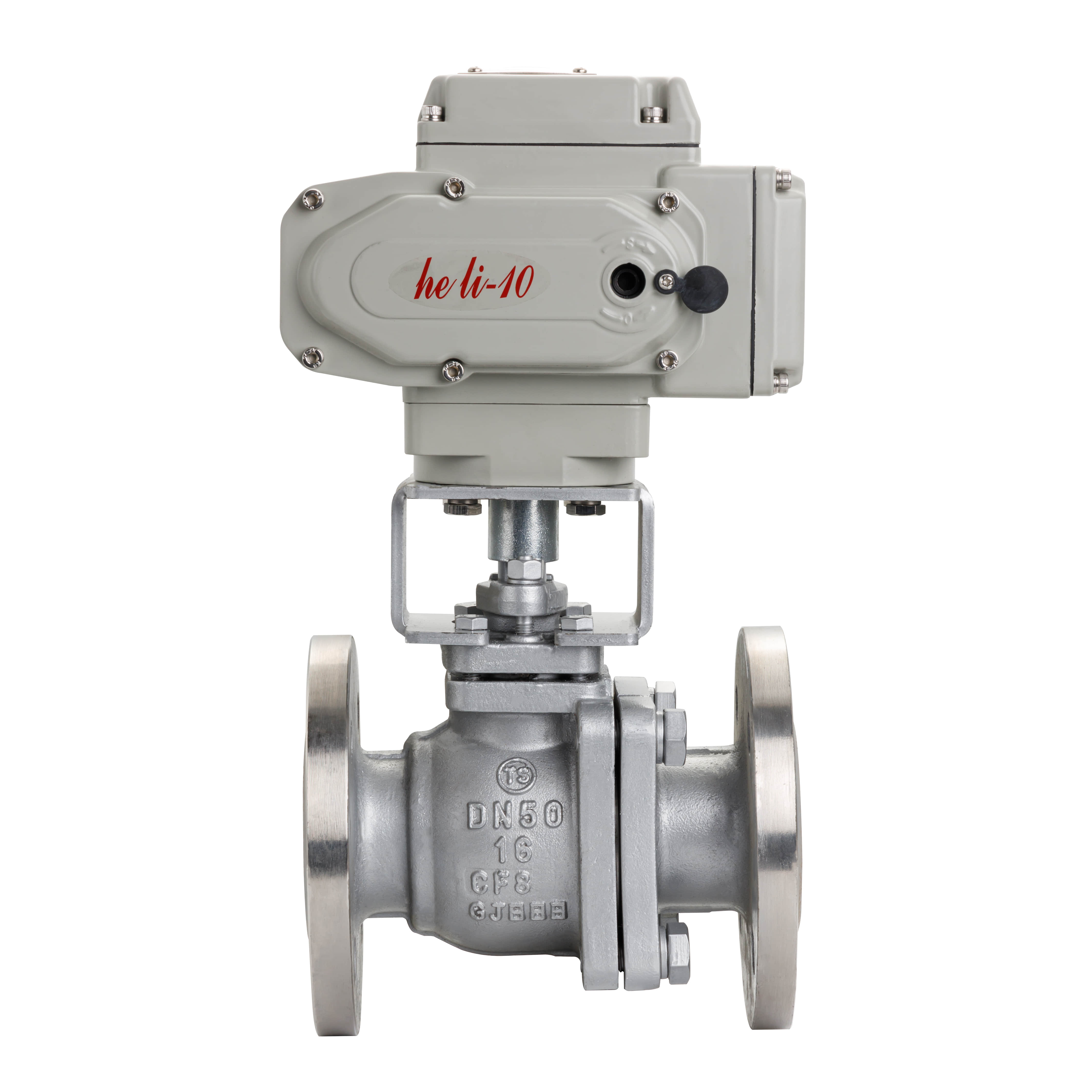
In industrial applications, the management of fluid flow is crucial. Among the numerous components used for controlling fluid movement, the electric anti-corrosion ball valve stands out due to its unique design and operational efficiency. This article delves into the fundamentals of electric anti-corrosion ball valves, their advantages, applications, and maintenance considerations.

What is an Electric Anti-Corrosion Ball Valve?
An electric anti-corrosion ball valve is a type of quarter-turn valve that utilizes a spherical disc—called a ball—to control the flow of fluids. The ball contains a hole through its center, which allows fluid to pass when aligned with the pipe. When the ball is turned 90 degrees, the flow is blocked. The "electric" aspect refers to the valve's actuator, which is powered by electricity, allowing for remote control and automation. The "anti-corrosion" feature means that these valves are manufactured from materials that resist degradation when exposed to corrosive substances, thus extending their lifespan and reliability.
